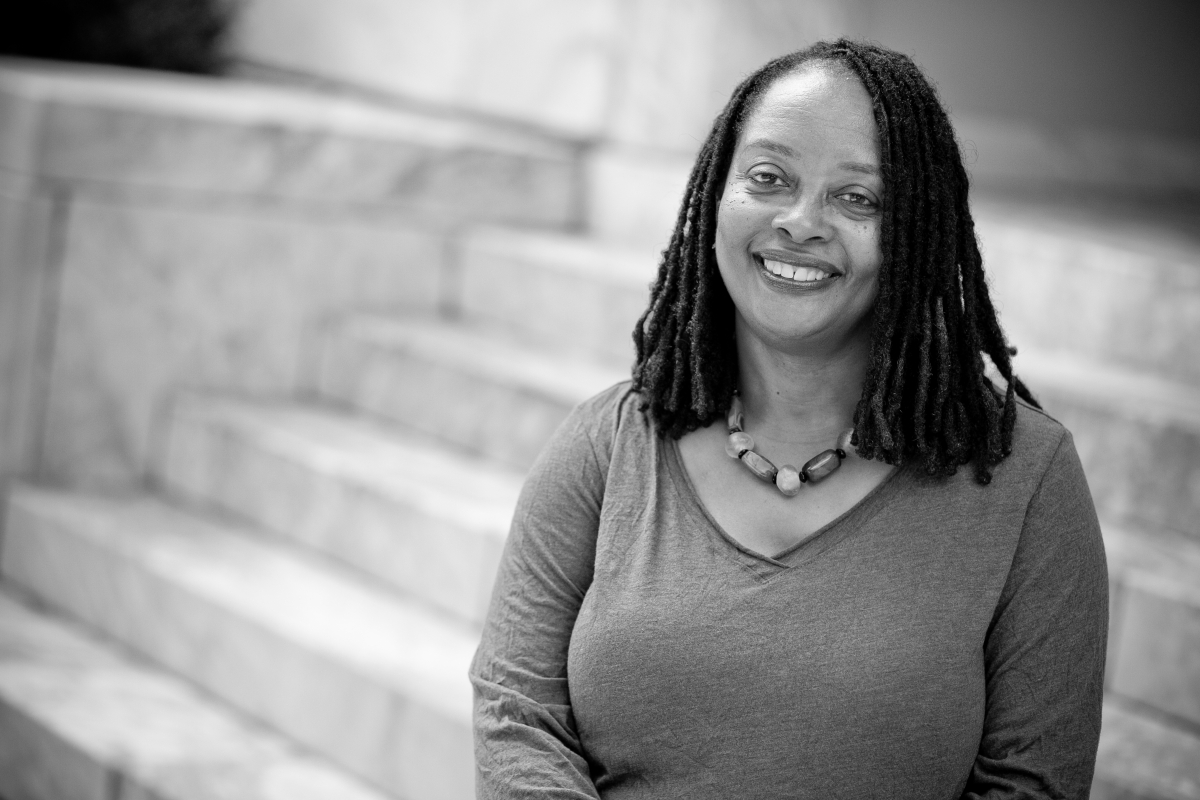Valerie Boyd, Director of Narrative Nonfiction, Featured on Georgia Public Broadcasting Radio Show
Valerie Boyd, Director of Narrative Nonfiction, Featured on Georgia Public Broadcasting Radio Show
Print is not dead. This is the point that Valerie Boyd, director of the Narrative Nonfiction track of UGA’s Low-Residency MFA Program in Narrative Media Writing, wants to make, despite the quickly changing journalism industry. Boyd recently discussed her new program and her thoughts on journalism on Georgia Public Broadcasting’s (GPB) radio show.
Guest host Adam Ragusea opened up the conversation by pointing out that for the past 20 years, print journalism hasn’t been doing so well. Job openings have dwindled and recent communications graduates are pursuing other career options, such as public relations jobs. Social media has been a big player in this change: news outlets focus on quantity over quality and long-form journalism suffers because of this trend.

Valerie Boyd has not given up, though. “Our program is trying to bridge that false divide between journalism and literature,” explained Boyd. “We are the first MFA program housed at a college of journalism in the country, and our thinking behind that is that journalists can write about anything. Our idea is that we want to equip journalists to write factual literature – literature based in fact and reporting.”
Boyd is hoping to encourage students to move into that factual, long-form realm. Nonfiction books sell better in this day and age, Boyd explains. The program pushes students to write long-form pieces in hopes of becoming a book — not just any book, but “books rooted in solid reporting and research,” clarified Boyd.
Boyd pointed out that the program is a way for students to bring in their own interests and journalistic skills and “combine that with literary high quality writing.”
Some of her students’ projects include a book about Georgia oyster fishermen and a book from the perspective of a student dealing with her mother’s Alzheimer’s and her own predisposition to the disease. Boyd is proud of the volumes of research that go into these projects and is hopeful for their success.
“We can give training so that students tell stories that matter,” said Boyd about the unique program.
Even with the field of journalism changing, long-form journalism will always be needed. With social media, people have a desire to consume fast bits of news, but there will always be a want for “slow news.” Long-form, “slow news” exists to fill in the gaps and delve into the details. Boyd is certain this form of writing will be around for quite some time.
For the whole interview and discussion, head to GPB’s website.
